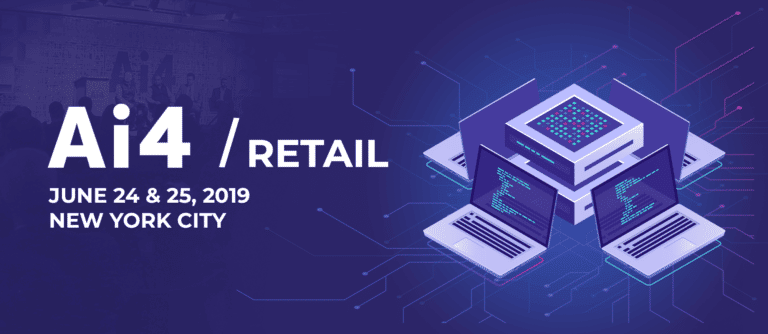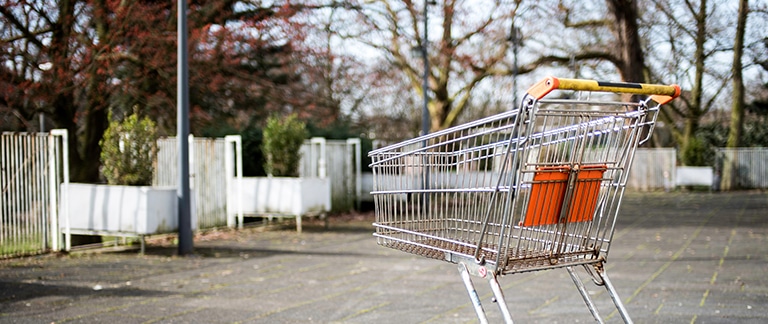Given the limitations that Covid-19 is imposing on nearly everyone’s lives, who’d have imagined not being able to do our grocery, consumer goods, electronics, entertainment (including restaurant food) shopping from a retail location?
What’s more, there is evidence to suggest that buying habits, once changed, are likely to become permanent. It’s estimated 25% of that buying will now happen online for the foreseeable future.
So you are a personalization expert – congratulations! You are now on the fast track to become a Chief-X-Officer.
That X can be Marketing (CMO), Merchandising (CM’O), Customer (CCO), Experience (CE’O) or Digital (CDO), and ultimately, become the Executive (CEO).
Here’s why personalization is putting all these titles on a convergent path, and you can choose any path as long as it has personalization in it.
While it’s true that I am based in California where cannabis is legal, I will assure you that no substances have been imbibed during the authoring of this seemingly mistimed post.
It’s because most of our retail and brand customers are gearing up for the holiday season right now, in August. And like most of them, the IT cutoff to make any meaningful changes, test, and deploy to production is before September.
We just came back from sponsoring the Ai4 Retail conference in NYC on Monday, June 24th and Tuesday, June 25th at the Convene located in Midtown West that was a great opportunity to comment on the state of AI in retail and the key question is that most still had on their minds. Over the two days, an interesting mix of technology-savvy business execs and big data/machine learning practitioners from leading retail brands got together to discuss how AI & ML have (and will continue to) transform their businesses.
Twice as many people will purchase groceries online this holiday season vs last; popular items are canned goods and beverages – not turkey and pie
San Francisco, Calif. – November 14, 2018 – RichRelevance, the global leader in Experience Personalization, today announced key findings from its Digital Grocery Survey: 2018 Holiday Edition consumer survey. The study finds that more than 4 in 10 Americans (44%) plan to shop online for some or all of the groceries they need for their Thanksgiving or holiday meal this year. This is more than twice as many people who shopped online for Thanksgiving groceries in 2017.
Amazon acquired Whole Foods in July of 2017, beyond the shockwave effect of the news, it left US grocers with little time to strategize how to compete with Amazon in a new way.
With this acquisition grocers are being forced to think outside the scope of traditional grocery aisles. Some wasted no time in taking action; for example, Target launching same day delivery through acquisition of Shipt, Aldi & Lidl opening hundreds of stores in the US , or the weekly PR push from Walmart with topics ranging from acquisitions to technology and workforce investments. The Whole Foods/Amazon news pushed even Kroger, the country’s largest traditional grocer, to acquire specialty store, Murray’s Cheese and begin thinking about additional acquisitions outside of their regular prevue ala Overstock and Boxed.
Although 53% of people in the UK are doing some or all their grocery shopping online, there’s a massive gap between what consumers want, and what retailers are offering, according to new research.
RichRelevance 2018 Online Grocery Survey of over 2000 European Consumers Finds Basic Personalisation Still Missing
Reading, UK – March 20th, 2018 — RichRelevance, the global leader in experience personalisation for retailers, today releases its first online grocery survey, which looks at consumer attitudes towards buying groceries online. The research, which includes responses from over 2,000 participants across the United Kingdom, France and Germany, investigates how consumers are using the internet to do their grocery shopping, whilst analysing some of the issues and barriers that prevent more people from making the switch from instore to online grocery shopping.






